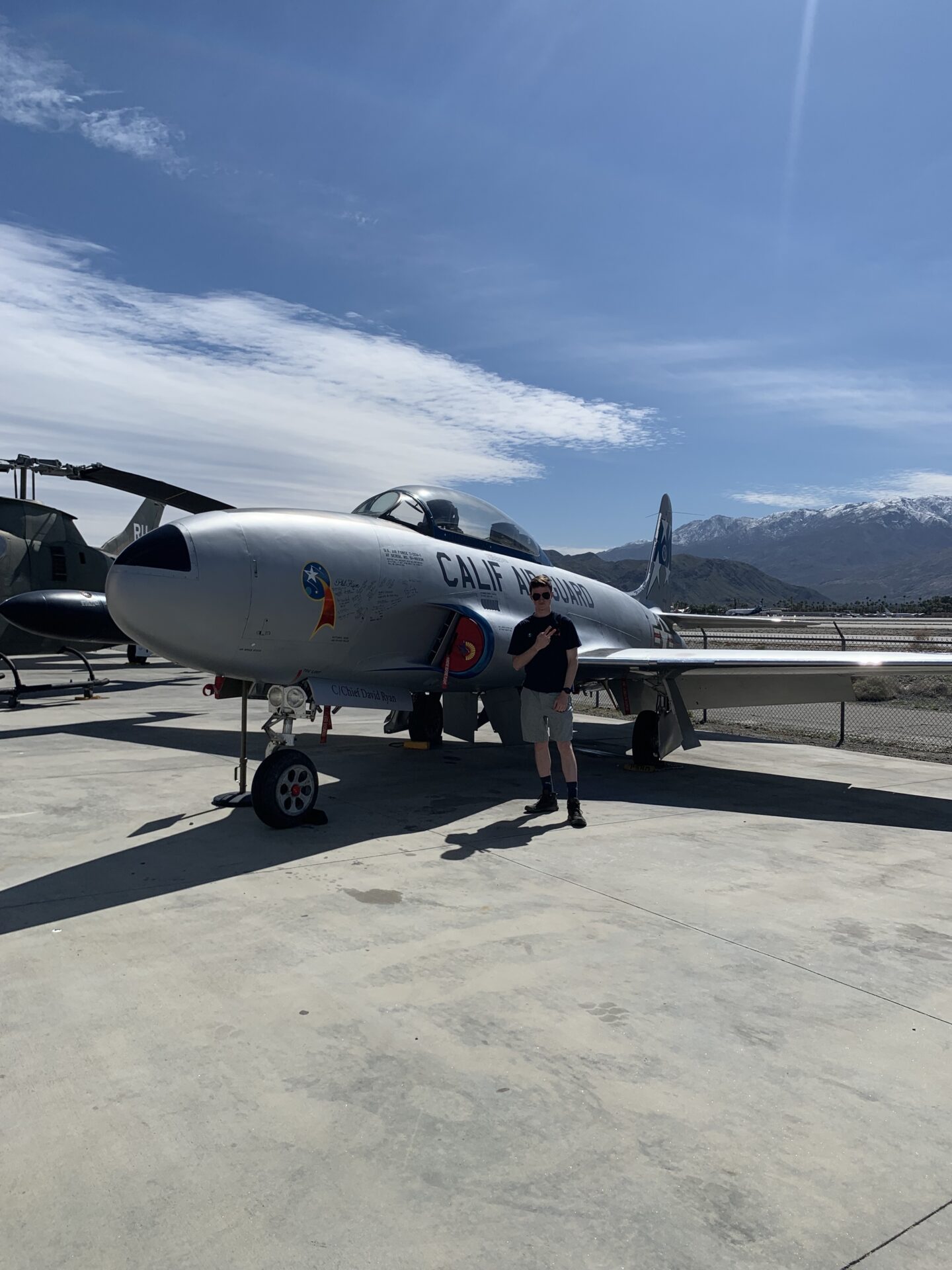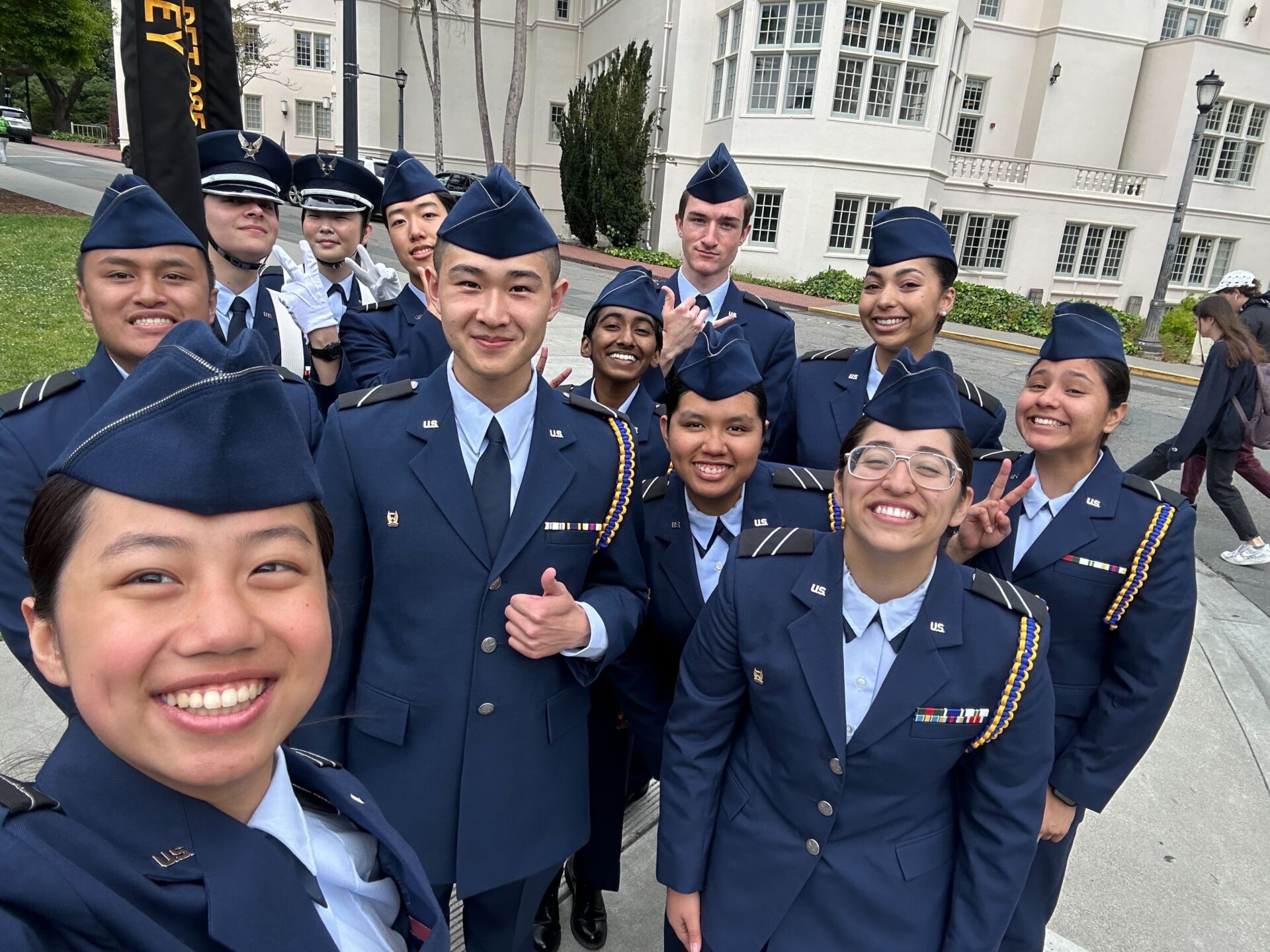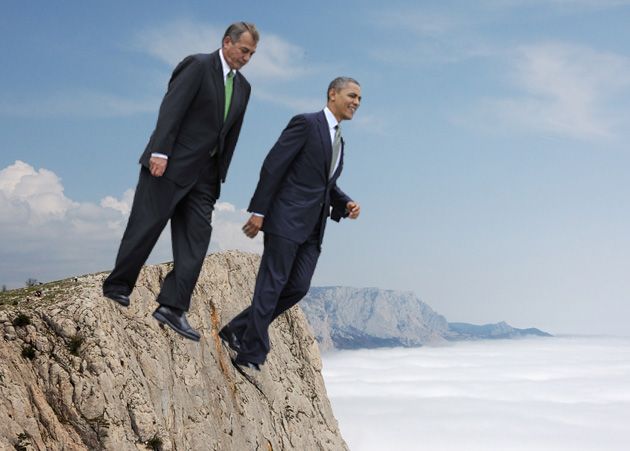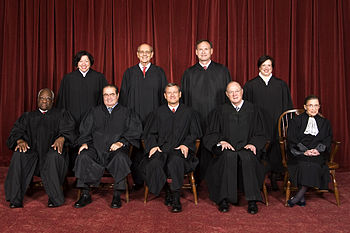The silence of this brisk September morning in Berkeley slowly swelled with the murmur of cadets gathering around the Detachment 085 flagpole. Friday’s sun was still in its slumber as nightfall lingered. Frost glazed the covers of buildings, cars and foliage. The sky, beyond the fog loitering just above campus trees, was dark enough to look blank.
I didn’t know it yet, but I was about to face one of my easier challenges. I still had many trials ahead, as this was just the first day. The Air Force’s standardized officer testing — Air Force officer qualifying test (AFOQT) — was one of those trials.
I needed to exhibit attributes of community, persistence, and commitment to succeed in the upcoming trials.
Walking along campus, the darkness is only broken by the periodic glow of lamplights. The anxiety of not knowing what was going to happen, the uncertainty churning in my gut, grew with every step on this obscured path. Or maybe that was just my breakfast. I swiftly exhausted the lamplight and took a step into the shadows. This city, in a couple of hours, will be bustling. But the silence of 4:30 in the morning is even louder. My thoughts and fears sounded like echos.
Arriving at my destination, after a 20-minute walk, amplified my anxiety. I entered the military affairs hall, beside the flag, and dropped my gear in the crowded, noisy lounge. It was a sea of blue track suits emblazoned by the Air Force logo. Matching blue and white floor tiles were broken by black leather couches. An F-22 Raptor fighter jet was painted across the ceiling.
The energy in the hall was a stark contrast to the tranquility of the walk here. The crowd was energetic despite the early hour. Normally, the air would be filled with greetings of respect, “Good morning cadet captain so-and-so,” but this was our first real form of attendance. Leniency was on our side this time.
ROTC is divided into two distinct parts — the General Military Course (GMC) and the Professional Officer Course (POC). These categories are divided by your time until commissioning — which is entering the military as an officer with a bachelor’s degree.
A select few cadets, with all requirements fulfilled, become POC while finishing their final two years of college before being commissioned. These individuals deserve respect as they have been through the Air Force’s trials and tribulations already, so they are addressed formally.
I decided to enroll as a cross-town student at UC Berkeley for fall 2022 as a cadet in the U.S. Air Force Reserve Officers’ Training Corps (USAF ROTC). This meant maintaining my status as a full-time student at Las Positas and Chabot while also maintaining attendance at UC Berkeley.
I am a meager Cadet 4th Class, the lowest cadet rank signifying the first year of ROTC with three years left.
Joining ROTC, I signed many contracts. I promised to abstain from drug use and consumption. I promised to meet standardization practices and military customs and courtesies for the next four years, in light of potentially commissioning as an officer in the U.S. Air Force.
As I often say, I signed my life away to the government. However, I was never actually done signing it away, as it seems like I signed more and more papers every few weeks.
Many people ask me, “Why did you decide to join the Air Force?”
Honestly, I couldn’t give a straight or consistent answer for a long time. I have known all along that I wanted to be a pilot, but I chose the military specifically because I wanted to serve, I wanted a challenge and I wanted to grow.

(Photo courtesy: Jacob Bryant).
The reason I joined the military is very complex, maybe it was even a step in the dark originally, but I’m here now, and I mean to make a place for myself.
I had my running shoes on and my new U.S. Air Force physical training (PT) gear on. All in preparation for my first recurring physical fitness assessment. I simply wanted, at that moment, to prove myself and score well.
I was shivering slightly from the early morning chill, and I felt nervous since I didn’t know anyone. I was just hoping to get on with the trials ahead in the hopes that I would feel relieved, and a bit warmer.
Cadets arrived and were quickly measured and weighed before being left to wait outside by the flagpole. The sun was slowly creeping toward the horizon breaking streaks of sunlight across the darkness. I was slowly understanding what it was going to take to reach my dreams of becoming a pilot.
At that moment, I was having the epiphany that I would need to bring my body to peak physical shape, my mind to peak performance, and my attitude to military standard. I was going to need to become the best. I needed to stand apart from all of those around me.
The sun was now about 15 degrees into the horizon looking down on me. Like the sun, it was all overhead. The cadets neatly walked down to the UC Berkeley track. Where I failed, miserably.
I pumped out push ups until my arms and chest completely gave out, I crunched out sit-ups until I fell to my back and couldn’t get up and I ran until I felt like death.
In fact, I threw up my undigested oatmeal and fruit that I had forced down earlier that morning when I rolled out of bed at 4:30 a.m.
The trifecta brought the weight of my own laziness over the last year on my head like an insurmountable burden. I had unknowingly put myself at a starting disadvantage in a highly competitive program.
I know that confidence alone was not going to take me through the long trials ahead.
This was a challenge for sure, but the goal was not impossible. In fact, I knew that I could recondition myself to run, especially quickly.
I put on those same running shoes time and time again; it seems like hundreds of times since then. The Berkeley morning fog had gone with the changing of seasons. I no longer felt like the Berkeley campus was so mysterious either, the long walk became familiar.
Since that day, I have been in ROTC for a full year. I now pass my physical fitness assessment with flying colors, but it was not without a long period of reconditioning and training. Training is still ongoing, with the memory still fresh in mind, especially from that dreadful oatmeal.
I am still trying to forever better my score, I have moved on to prepare for the next set of challenges, such as testing.
The Air Force officer qualifying test (AFOQT) was my next goal. Training the mind was going to be similar to my preparation for the PFA in commitment, I also had my friends for support. The same cadets, and a few new ones, who helped get me through the PFA.
The single most important aspect of ROTC that aids in the enduring of college work, PFAs and standardized testing are always those who support you.
There is a certain irony in being best friends with your rivals, but our detachment’s culture is fundamentally important to every cadet, myself included. Our detachment is Berkeley’s contained group of military personnel.
Despite the underlying rivalry, it is my belief that many challenges can be prepared for repeatedly, but it all comes down to leadership and followership in the end.
On the fateful first day when I failed the PFA, I received a lot of encouragement from cadets who had never even spoken to me before.
Despite this massive setback and ego deflation, a necessary part of leadership began further development within — community, persistence, and commitment.
I considered myself introverted for a large part of my life, and soft-spoken as a secondary adjective.
The trials of ROTC prepare me for the future and my future leadership responsibilities. I simply could not be quiet. I took a step into the unknown and came out on the other side ready to lead and work with others.
ROTC provides many trials and challenges, but it also provides each cadet with the resources to overcome those challenges, as long as each cadet is willing to persevere. In parallel to the big Air Force, the Air Force also provides the necessary people.
In this case the Cadre are mentors to all, the POC are mentors to the GMC and the GMC are mentors and mentees of one another.
My first trial with fitness was only the first of many. There will be more to come, but, in the nature of the airman’s creed, “I will never falter, and I will not fail.”
Although I had failed originally, I feel the struggle and constantly push towards success. I met people around me with common ambitions and goals willing to help push me to be my best self.
I also hold close the ambition to soar above the clouds, a drive for my persistence and commitment.
Sometimes when I am running under the harsh summer sun or studying in a sweat for my upcoming test, I think about a very specific quote.

“Success is the result of perfection, hard work, learning from failure, loyalty and persistence,” General and former U.S. Secretary of State Colin Powell said.
Taking a step into the unknown in a necessary step in the search for success. But community, persistence, and commitment allow cadets, civilians and myself to adapt to new environments, and then excel.
Feel free to reach out to me with any ROTC-related questions: Landonjansen.jpeg@gmail.com
Landon Jansen is a staff writer for the Express. Follow him @LandonJanseeen



